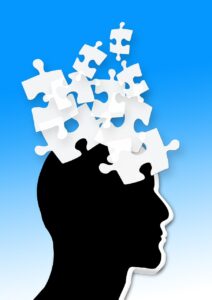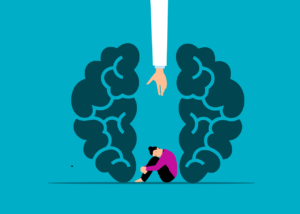Introduction
Sustainable Weight Loss: Unlocking the Four Pillars to Success
Introduction
Losing weight can be a daunting task, and often the journey is riddled with setbacks. In the pursuit of a healthier lifestyle, many find themselves questioning the effectiveness of weight loss courses. Internist and clinical metabolism professor, Dr. Pietila, sheds light on the common pitfalls and offers a sustainable approach. Let's explore the four pillars he advocates for achieving lasting weight loss.
The Weight Loss Conundrum
Weight loss courses may seem promising, but the rebound effect is a prevalent concern. Dr. Pietila emphasizes the need for a different approach based on four crucial pillars: food, exercise, sleep, and mental balance.
The Rapid Return of Weight
Studies reveal that weight lost often returns swiftly, sometimes with added pounds. Even increased exercise may not guarantee sustained weight loss.
The Four Pillars Unveiled
Dr. Pietila unveils the foundation for sustainable weight loss: food, exercise, sleep, and mental balance.
1. Sleep as a Cornerstone
Quality sleep plays a pivotal role in weight control. Dr. Pietila emphasizes the significance of going to bed early, debunking the myth of thriving on minimal sleep.
Addressing Sleep Issues
Sleep apnea, an underdiagnosed ailment, can hinder weight loss. Recognizing symptoms such as constant fatigue or snoring is essential.
2. The Role of Nutrition
Another vital pillar is food. Dr. Pietila simplifies the strategy: listen to your body and ensure you feel full.
Biological Resistance to Weight Loss
Biologically, the body resists weight loss due to evolutionary survival instincts. Understanding this resistance is crucial for effective weight management.
3. The Significance of Exercise
Exercise, as Dr. Pietila explains, is not just about burning calories; it preserves tissue health, improves sleep, and enhances mental well-being.
Optimal Exercise Practices
Dr. Pietila recommends a balanced approach: regular strength training coupled with everyday activities like walking, skiing, or swimming.
Overcoming Exercise Anxiety
For those apprehensive about formal exercise routines, Dr. Pietila assures that even small, enjoyable activities contribute positively.
4. Mental Balance: The Fourth Pillar
Maintaining a balance of mind is as crucial as the other pillars. Attempting weight loss amidst stress is counterproductive.
Choosing the Right Time
Dr. Pietila advises against weight loss during highly stressful periods, advocating for a conducive life situation.
Health Indicators for Weight Loss
Deciding when to embark on a weight loss journey involves considering health indicators beyond BMI. Blood pressure, blood sugar, liver values, cholesterol, and overall quality of life play vital roles.
Individual Variability in Health Impact
The impact of excess weight on health varies individually, influenced by genetic factors. Pietila emphasizes the importance of overall well-being.
Seeking Professional Guidance
For those facing significant health risks due to excess weight, Dr. Pietila recommends consulting a doctor for effective obesity treatment methods.
Integrating Lifestyle Changes
While new obesity drugs are emerging, they should complement lifestyle changes, not replace them.
Post-Weight Loss Challenges
Dr. Pietila highlights that the journey doesn't end with shedding pounds; maintaining a healthy lifestyle is an ongoing effort.
Metabolic Adjustments
Basal metabolism decreases with weight loss, making it crucial to adjust eating habits and exercise routines to prevent weight regain.
Societal Support for Weight Control
Pietila advocates for societal support through legal measures like the sugar tax and affordable healthy food options to facilitate weight management.
The Role of Laws and Prices
Legal interventions, taxes, and pricing strategies can influence consumption habits positively.
Concluding Remarks
While acknowledging the challenges, Dr. Pietila instills hope, emphasizing that permanent weight loss is achievable when the foundational pillars of life are in order.






